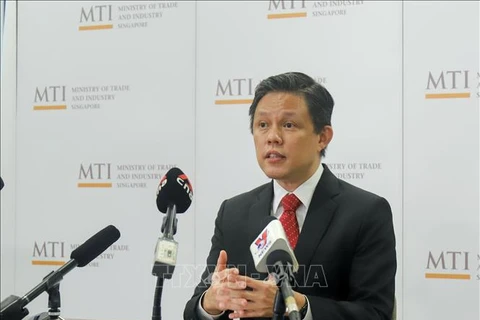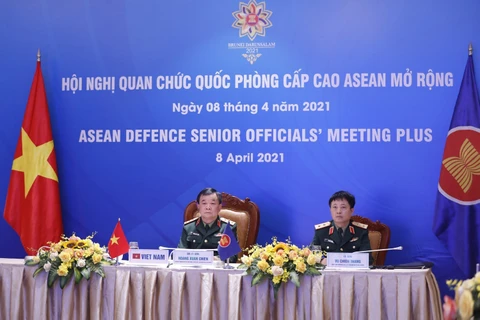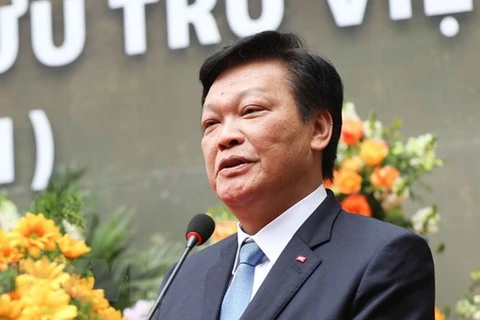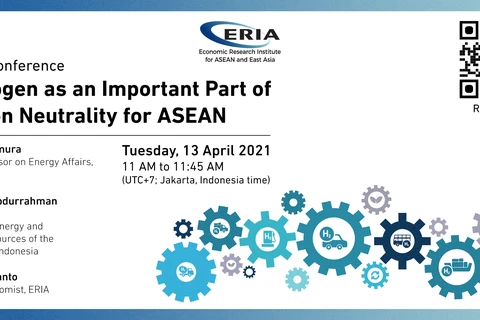Jakarta (VNA) – Indonesian Minister of Law and Human Rights Yasonna Laoly has urged ASEAN nations to strengthen legal integration in order to get their voices heard in the international community.
He said in a statement on April 14 that in order for this integration to be more stable, credible, and effective, a more binding legal basis is needed.
The integration of ASEAN laws means that member nations will need to harmonise their domestic laws and regulations, thereby strengthening the system and rule of law in the ASEAN region as a whole, he remarked.
Laoly said that the integration of the legal instruments of ASEAN member countries presents its own challenges due to differences in legal systems and practices in each country when it comes to adopting international laws.
However, the legal cooperation between ASEAN countries, which has been initiated since the signing of a free trade agreement in 1992, shows that harmonisation is not impossible, he added.
Since the signing of the 1992 Agreement on the Common Effective Preferential Tariff scheme for the ASEAN Free Trade Area, ASEAN member countries have collaborated to fight trans-national crime, money laundering, human trafficking, drug smuggling, and piracy.
The countries must also continue to strengthen their legal and policy frameworks to manage the response to COVID-19, including recovery efforts, according to the minister./.
He said in a statement on April 14 that in order for this integration to be more stable, credible, and effective, a more binding legal basis is needed.
The integration of ASEAN laws means that member nations will need to harmonise their domestic laws and regulations, thereby strengthening the system and rule of law in the ASEAN region as a whole, he remarked.
Laoly said that the integration of the legal instruments of ASEAN member countries presents its own challenges due to differences in legal systems and practices in each country when it comes to adopting international laws.
However, the legal cooperation between ASEAN countries, which has been initiated since the signing of a free trade agreement in 1992, shows that harmonisation is not impossible, he added.
Since the signing of the 1992 Agreement on the Common Effective Preferential Tariff scheme for the ASEAN Free Trade Area, ASEAN member countries have collaborated to fight trans-national crime, money laundering, human trafficking, drug smuggling, and piracy.
The countries must also continue to strengthen their legal and policy frameworks to manage the response to COVID-19, including recovery efforts, according to the minister./.
VNA
























